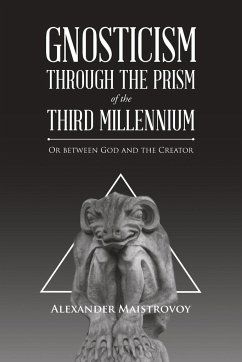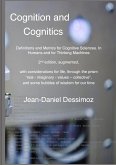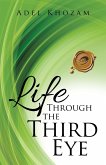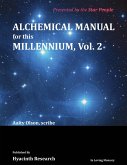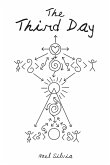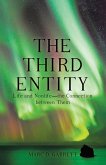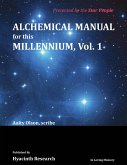In the epoch of the late antiquity, Gnostic schools gave their own exhaustive answers for the eternal questions of humankind: Who are we? Where did we come from, and why do we exist? What gives rise to endless and inescapable evil and suffering? Jorge Borges describes the Gnostic view of lifethat we are a careless or criminal blunder, the fruit of engagement of the flawed deity and crude material. Thus, the Gnostic answers to these questions were radically different from those espoused by traditional religions of the time. Gnosticism through the Prism of the Third Millennium explores this Gnostic view of life and how they viewed a material world as a distortion of celestial spheresand how in humanity they saw a being doomed to suffering yet carrying inside the spark of the supreme, divine world. Author Alexander Maistrovoy offers a history of Gnosticism and its confrontation with the church, showing how despite the crash of Gnostic schools, its teachings and its questions did not disappear. Today we can make sense of Gnostic philosophy not through the prism of mysticism or mythology, but from the point of view of rationalism, scientific knowledge, and historical experience. And what we will discover is that Gnostic thought has meaning and relevancy today, shedding light on fundamental questions about the universe, ourselves, and the divine.

